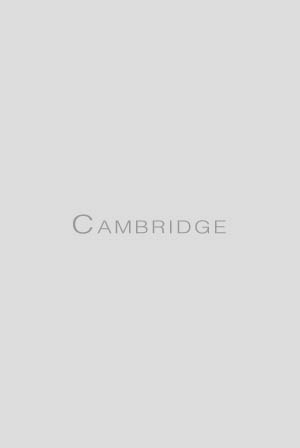No CrossRef data available.
Article contents
Cheating: Ethics in the Classroom
Published online by Cambridge University Press: 12 May 2020
Extract
This paper deals with one of the most difficult and enduring issues in higher education: cheating. Predictably, the mass media emphasizes its more sensational aspects such as cheating scandals at military academies and commercial term paper mills. Available academic studies, however, document that classroom dishonesty is hardly an isolated phenomenon. Yet, public and campus concern shifts rapidly from indignation to inattention, leaving the problem much as it was.
- Type
- Research Article
- Information
- Copyright
- Copyright © American Political Science Association 1981
Footnotes
The author wishes to express his appreciation to Sami G. Hajjar, Michael J. Horan, and Charlotte Davis for their comments on an earlier draft of this paper. He is also pleased to acknowledge the financial support of the Government Research Bureau.




